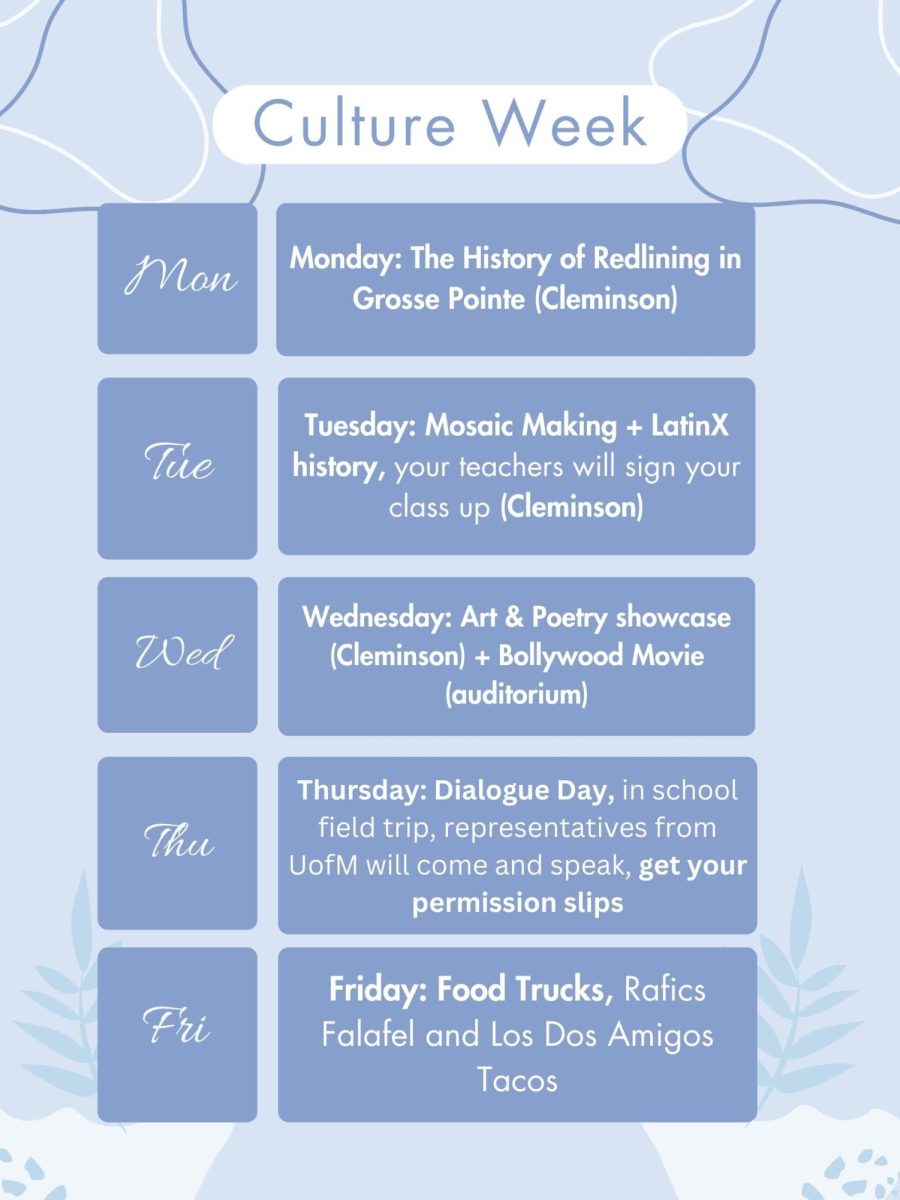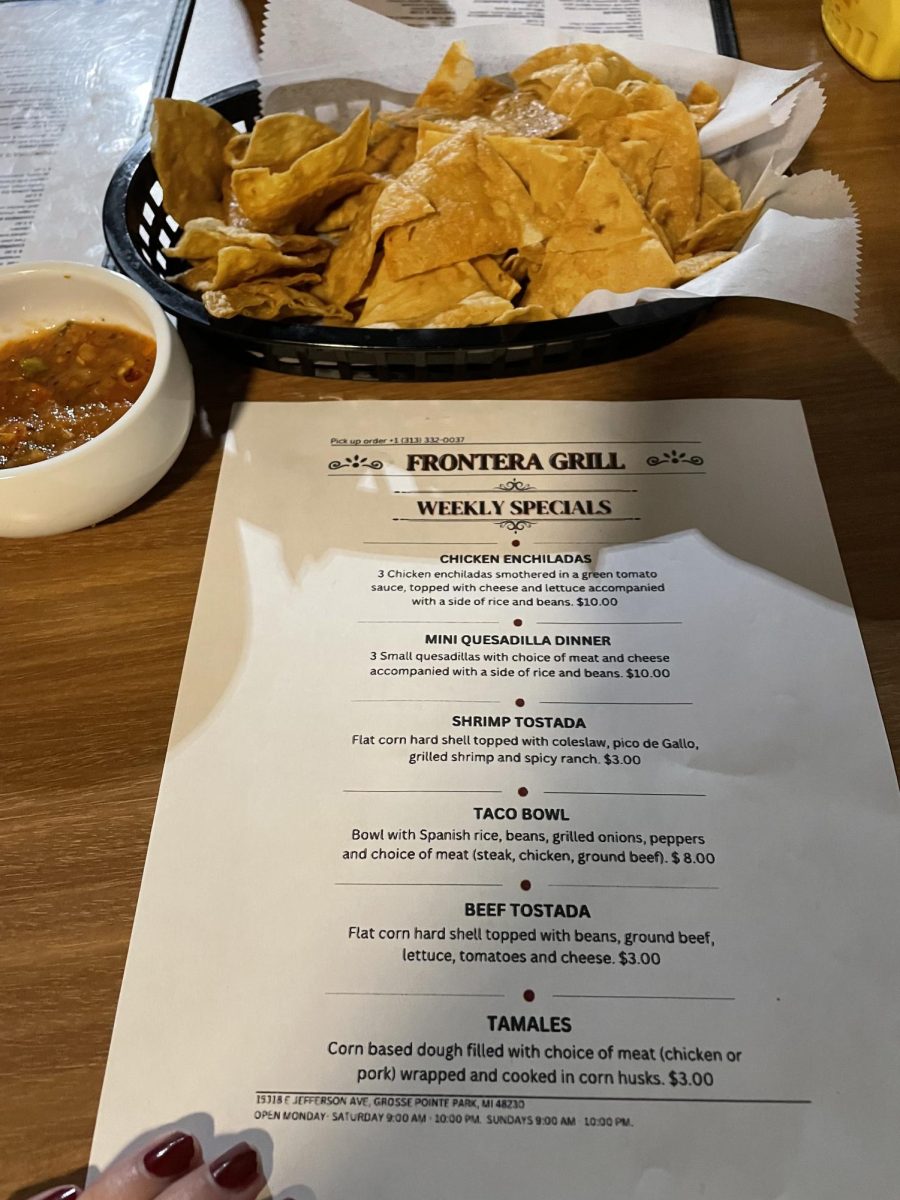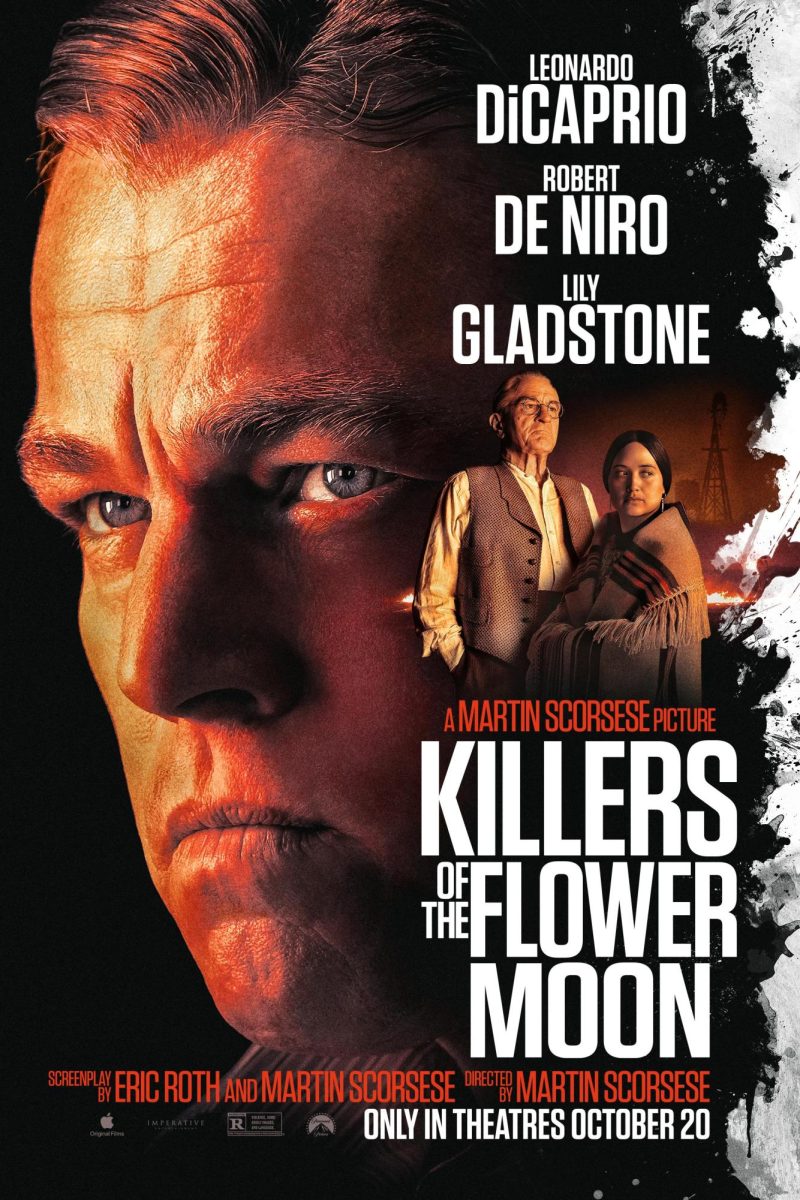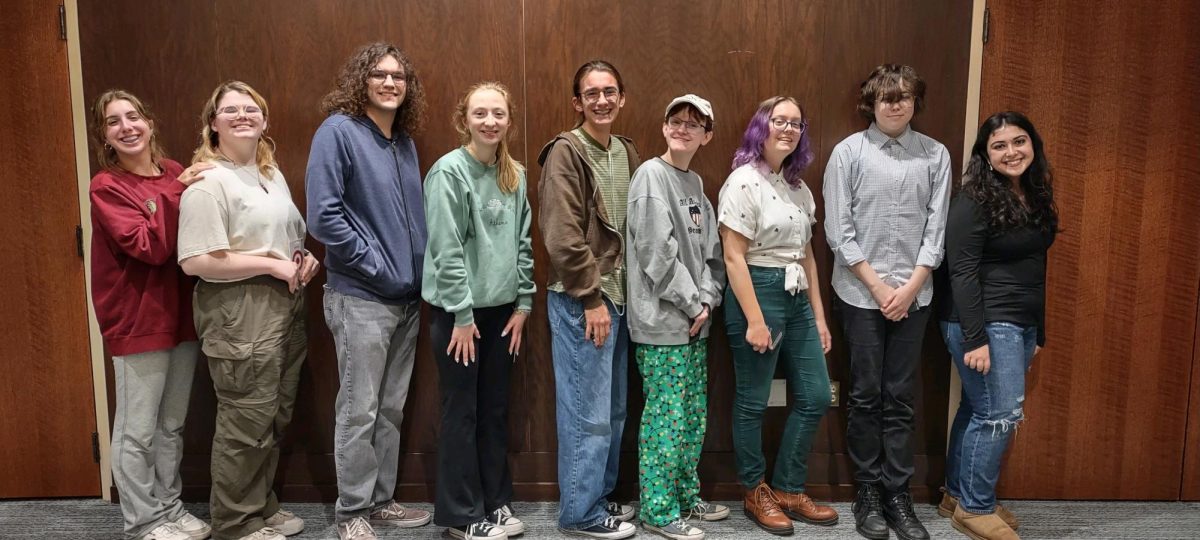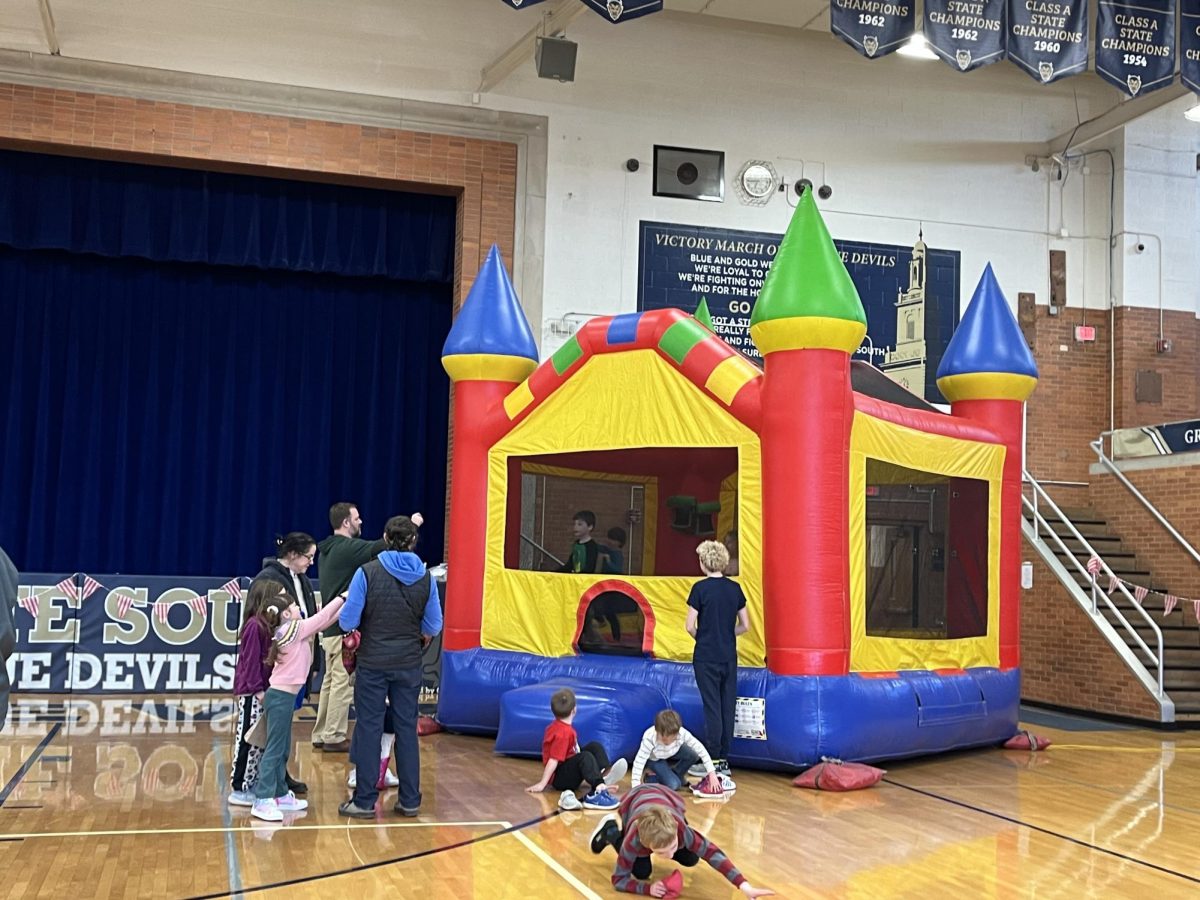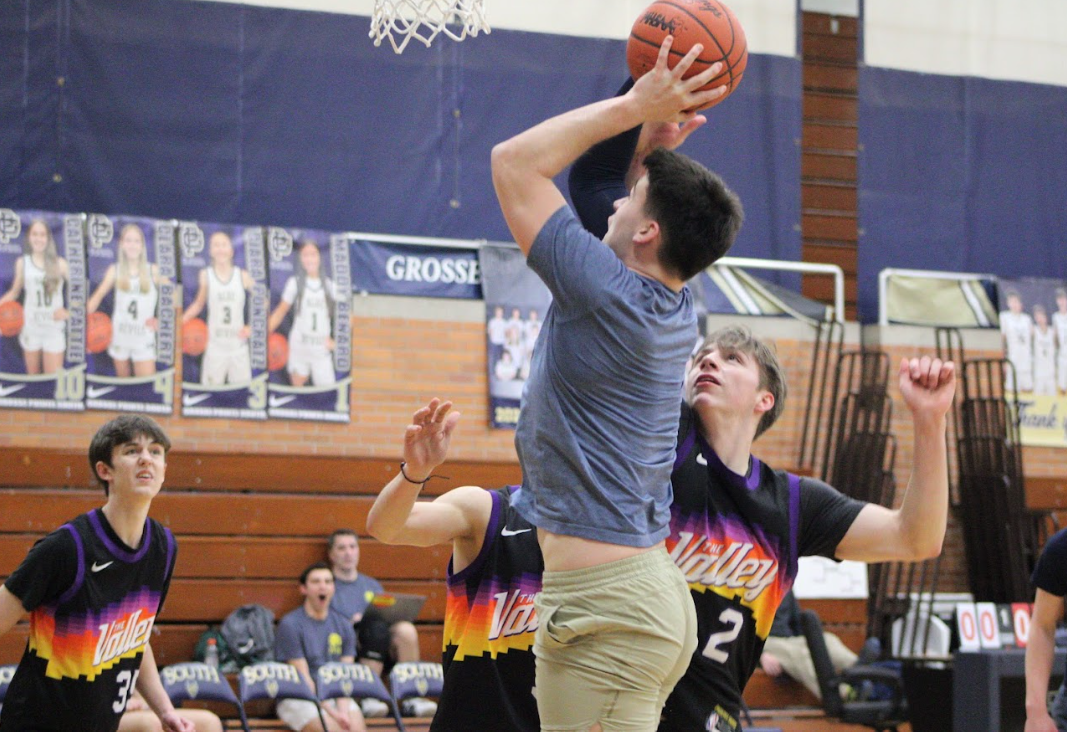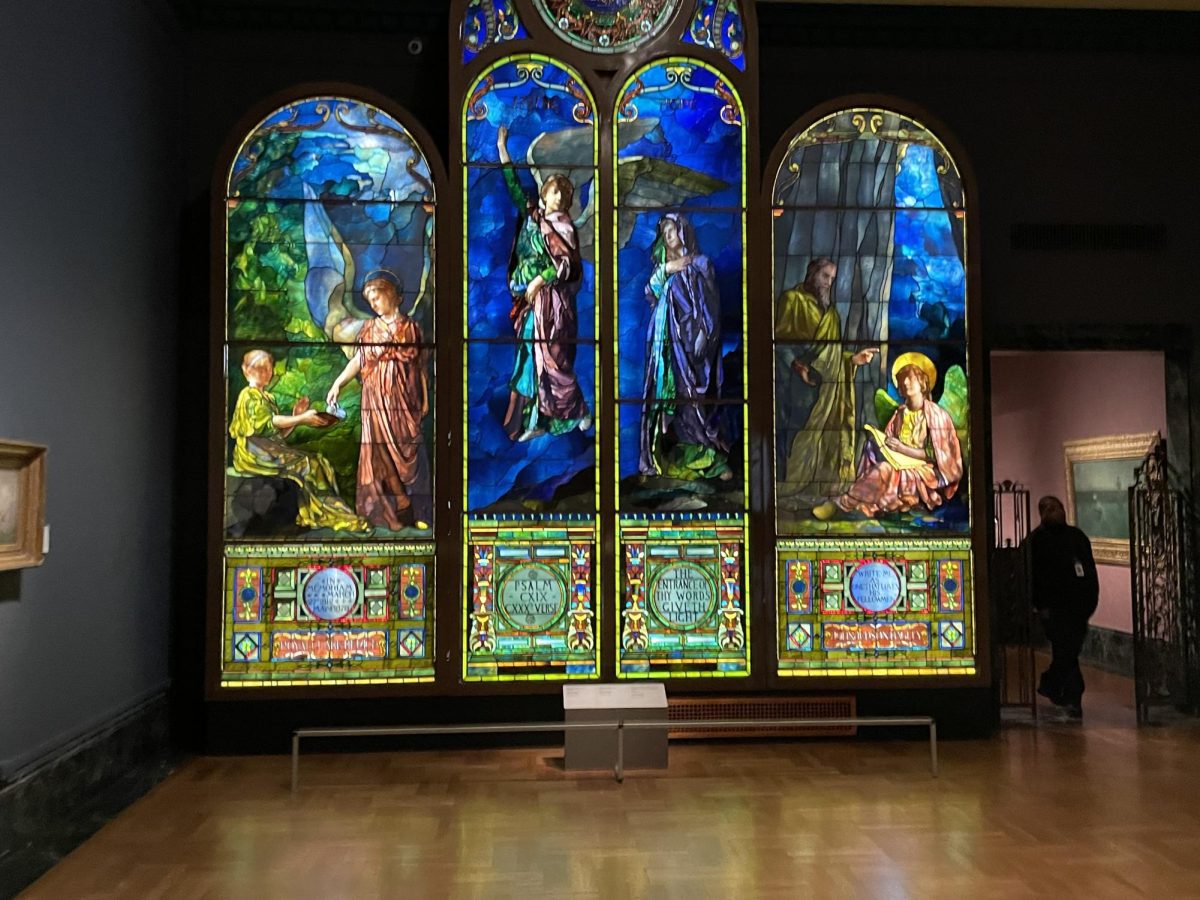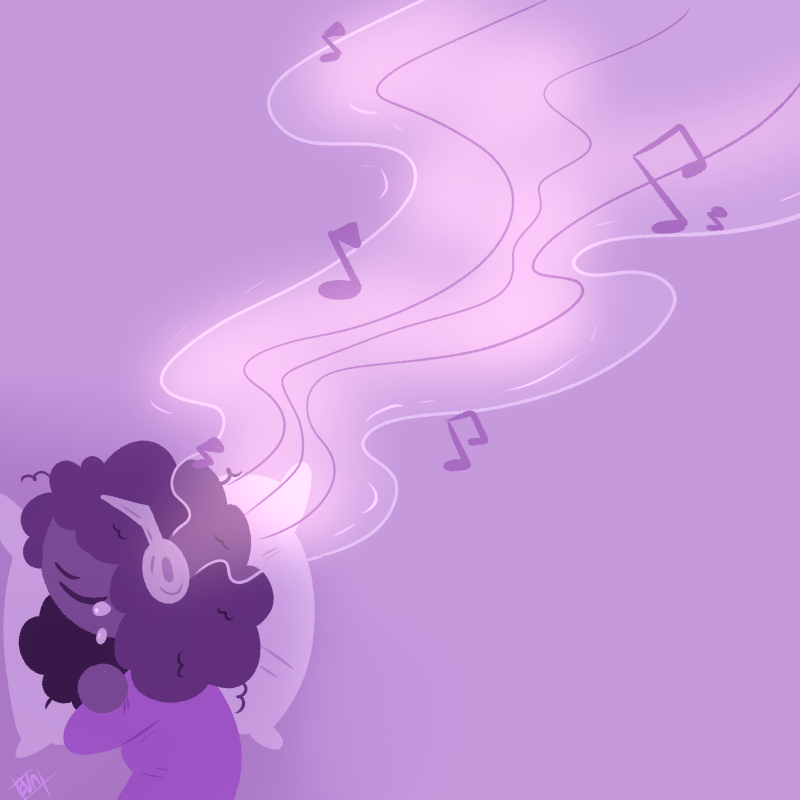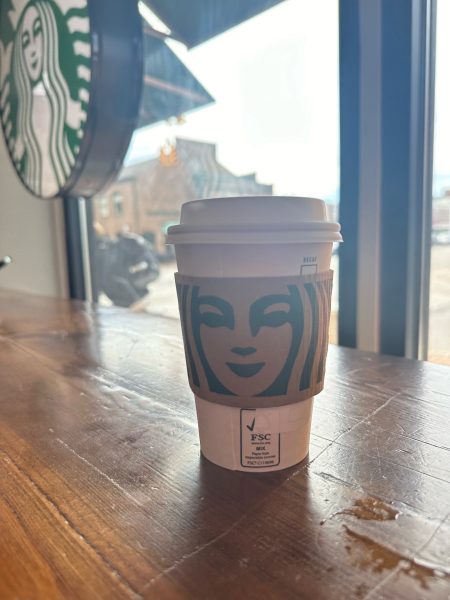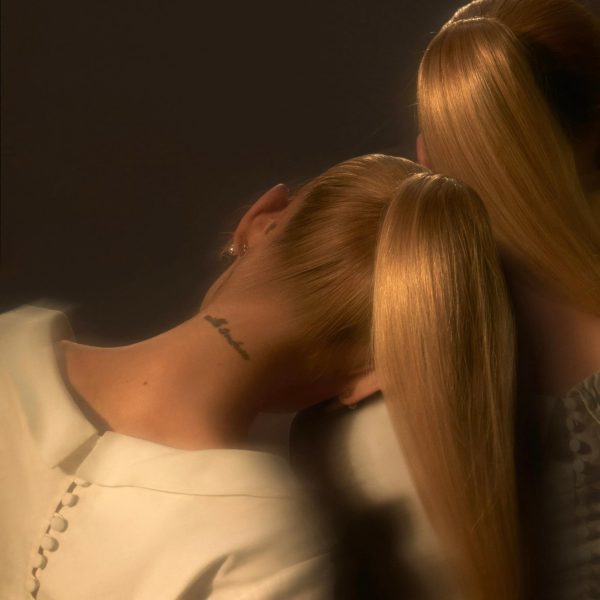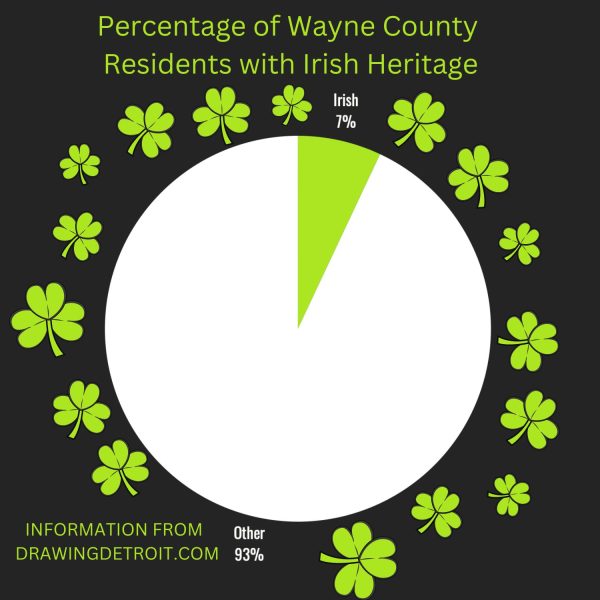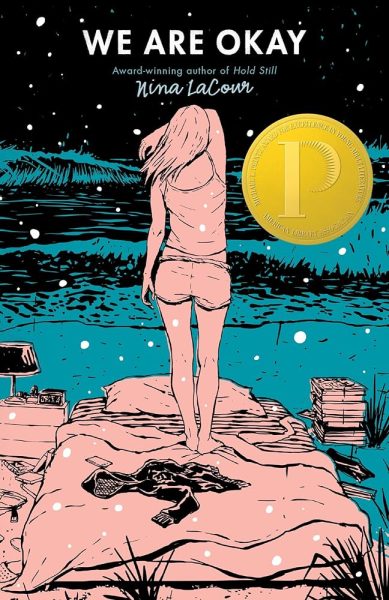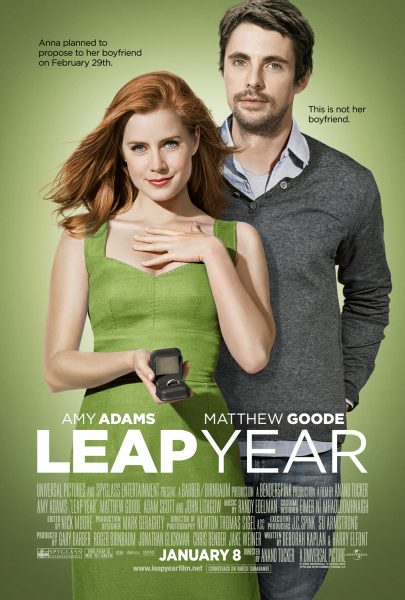Music through the decades: how music has shaped our world view
May 27, 2020
We are living through history right now, as crazy as it may seem. The COVID-19 crisis will be placed in history textbooks around the world, and seen in museums with artifacts. And while this may seem like a once in a lifetime scenario for many of us, every decade has faced it’s up and downs. One consistency seen throughout the generations is the universal coping mechanism: music. Every decade has had their fair share of tragedies, but also their fair share of music trends.
1960s- The 60s was a time of political and changes in society. While many Civil Rights activists fought and won the war on inequality, artists like the Beatles, Aretha Franklin and Sonny and Cher took the world by storm. The Beatles are really known as the first relevant boy band ever, setting the trend to connect with the adolescent demographic. These artists had an outspoken message of love and kindness to all, helping guide many teens through the unsure times of a social war in our country.
1970s- The 70s ranged from events such as Watergate to the Vietnam War and anti-war protests. Artists like Led Zeppelin, Elton John and David Bowie arose in this era, lots of which followed in the steps of artists such as the Beatles, continuing to spread the message of peace and harmony in a time when it seemed there was little to no trace of those feelings. Musicians and bands such as Led Zeppelin and Journey were the first to pave the way for classic rock in the 80s, which is what defined rock as a genre in music.
1980s- The 80s marked a time of a raging Cold War between the Soviet Union and the United States, while also being the first true decade of definable pop music and rock bands. While artists like Madonna became pop queens, bands like ACDC set stakes high for future rock bands. These records held much more fun and easygoing messages, during a time when the world seemed alright, despite the space race. The 80s also defined the expectations of teen life, with soundtracks to iconic movies such as “16 Candles” and “Footloose.” However, these all served as escapes for teens whether it be from school, family, or politics and war.
1990s- The 90s was the first era of the R&B and rap scene. Iconic artists like Dr. Dre, The Notorious B.I.G. and Snoop Dog all arose during a time where the world seemed at peace. The 90s is defined as a simple decade, where not much happened. The growing world of pop also expanded with bands such as the Spice Girls and the expansion of boy bands such as NSYNC and the Backstreet Boys. Yet the 90s is also seen as the beginning of alternative music, highlighting bands such as Nirvana, but also alt rock like Weezer. These would later shape the surge of rock in the 2000s.
2000s- The early 2000s were defined by a movement of rock and “emo” bands such as My Chemical Romance, Fall Out Boy and Panic! At The Disco. Most of these bands were formed post the September 11th Attacks, in an era where the world was changing. The war in Afghanistan had just begun, and everyday travel and security was changing everywhere people went. However, these bands managed to find their ways into the playlists of many teens, as their music spoke to feeling alone in already dark times. However, the late 2000s ended with a large wave of pop music, with arising artists like Katy Perry and Kesha, paving the way for the 2010s.
2010s- The early 2010s was filled with pop music galore. Artists like Bruno Mars made their way onto the scenes, with others like Taylor Swift transitioning into the field of pop. However, rap and R&B also made a large comeback in the late 2010s, with artists like Kendrick Lamar and Drake being at the top of the Billboard Top 100 charts. Within the 2010s, however, the underlying wave of alternative music began emerging, with hits by bands like Foster the People, Lana Del Rey and the Neighbourhood making a few songs that hit the charts, re-awakening the new world of alt-pop.
While none of us know what the future holds, especially now, the last of our worries are what the future of the music industry holds. That being said, music has always played a major part in teenage life, shaping many people into who they are today.



